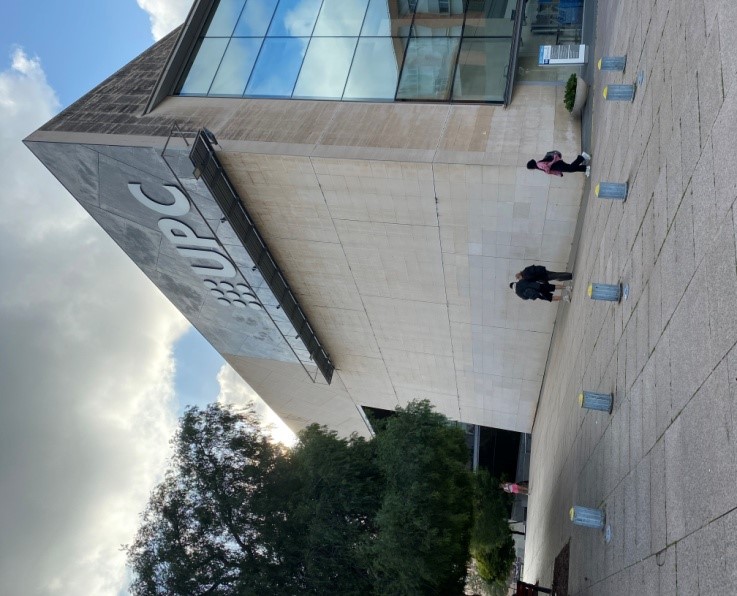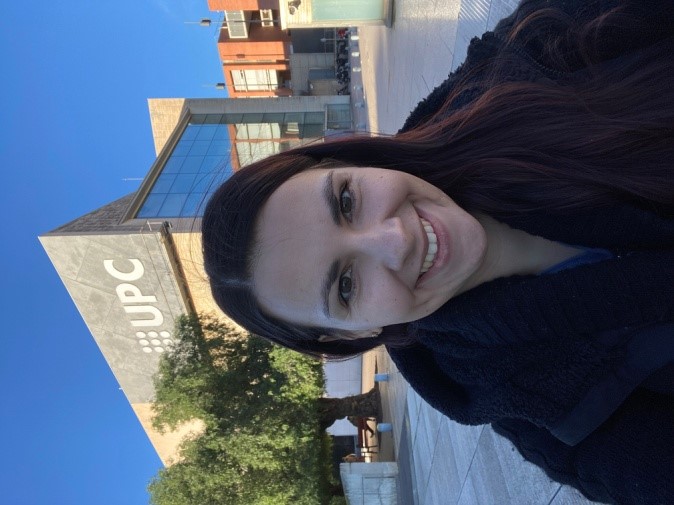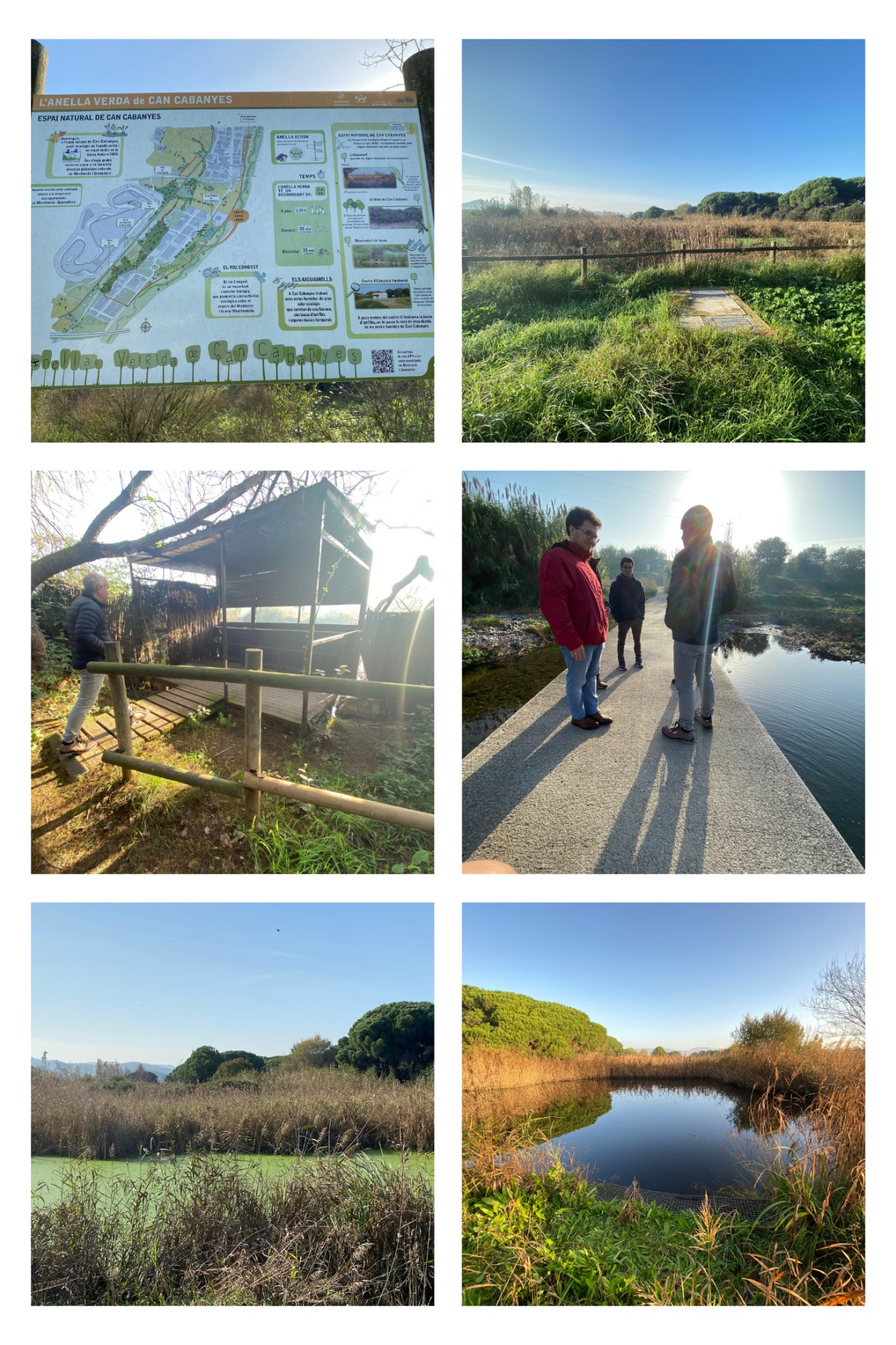
Julia Wójcik-Madej, M.Sc.
4th year of training at the Doctoral School
Discipline: Environmental Engineering, Mining and Energy
GEMMA-Group of Environmental Engineering and Microbiology, Department of Civil and Environmental Engineering, Universitat Politècnica de Catalunya-BarcelonaTech
I did a research internship at the GEMMA-Group of Environmental Engineering and Microbiology, Department of Civil and Environmental Engineering, Universitat Politècnica de Catalunya-BarcelonaTech in Barcelona from 04.11.2024 to 04.12.2024. My research supervisor was Professor Joan Garcia, who conducts research in the field of sustainable environmental technologies, particularly related to Nature-Based Solutions (NBS). He focuses on developing innovative biotechnologies to treat wastewater and waste in a way that mimics natural ecological processes, maximising environmental performance. His work includes the use of algae-based systems, constructed wetlands and bioproduct and bioenergy recovery technologies within a closed loop economy. Prof García is also involved in life-cycle analysis of technologies and their economic evaluation, which supports the implementation of NBS in sustainable water and energy management.
 Universitat Politècnica de Catalunya-BarcelonaTech, Barcelona, Spain
Universitat Politècnica de Catalunya-BarcelonaTech, Barcelona, Spain
The aim of the trip was to identify the general location factors best suited to the type of Nature-based Solutions, ROZP (NBS).
During my internship, I had the opportunity to collaborate with staff and PhD students on research. The research topic I undertook during my internship was the use of Nature-based Solutions, ROZP (NBS) as a tool for water purification and reuse. Spain is struggling with water scarcity and erratic rainfall, which is exacerbating climate change, leading to droughts and increasing demand for water. Efficient management of water resources, including their reuse, is key to the country’s sustainable development. Nature-based solutions, such as constructed wetlands or retention systems, combine water purification with environmental protection, offering innovative methods to mitigate these problems.
The internship included numerous field trips and outings to showcase the different types of Nature-based Solutions (NBS) ROZP has already implemented. I had the opportunity to see how these solutions work in practice and to understand their role in water purification, environmental protection and climate change adaptation. These outings provided a valuable complement to the theoretical knowledge, allowing me to observe the real impact of implemented solutions on local ecosystems and communities.
During my internship, I had the opportunity to participate in workshops on the production of biostimulants, biofertilisers, biopolymers and bioenergy from olive oil chain residues and by-products.
In addition to the academic part of the internship, I had the opportunity to discover the delights of Barcelona and sample local delicacies.
In conclusion, the implementation of the internship in this unit enabled me to learn about effective types of NBS in water reuse and to learn about key issues and tools for drought and flood prevention. I have broadened my knowledge of the use of NBS in water reuse and the circular economy. I met many kind and interesting people with whom I am still in contact today.
This foreign mobility has been supported by the Polish National Agency for Academic Exchange (NAWA) under the STER programme: „Actions towards the internationalization of the Doctoral School of the University of Life Sciences in Lublin (I-SDUPL)”.

Internship report (.pdf)
University of Life Sciences in Lublin
13 Akademicka Street, 20-950 Lublin
VATIN 712 010 37 75
REGON no. 000001896
ePUAP: /UP-Lublin/SkrytkaESP



